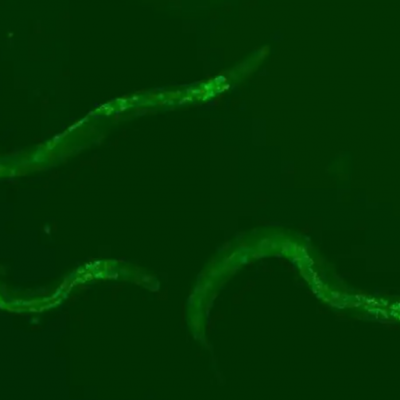A recent study conducted by the University of East Anglia (UEA) has revealed that increased alcohol consumption leads to muscle loss, particularly in older individuals. The study, which analyzed data from nearly 200,000 people aged 37 to 73 years old from the UK Biobank, found that those with the lowest muscle mass consumed at least ten alcohol units per day, equivalent to a bottle of wine. The researchers, led by Jane Skinner, suggest that individuals aged 50 to 60 years old should minimize their alcohol intake to avoid becoming frail in their later years.
According to the study, as we age, we lose muscle mass, which can lead to weakness and vulnerability. Alcohol consumption is a significant and modifiable risk factor for various diseases, and the researchers aimed to understand the relationship between drinking behavior and muscle health in older adults. The study analyzed the participants’ alcohol consumption in relation to their muscle mass, taking into account variables such as protein intake, physical activity, and other factors that could affect muscle mass. The majority of the participants were between 50 and 60 years old, and those with high alcohol consumption had reduced skeletal muscle compared to those who drank less.
The study’s lead author, Dr. Jane Skinner, explains that the research highlights the need for older individuals to reduce their alcohol intake to maintain their muscle mass. The study shows that alcohol can have harmful effects on muscle mass, particularly when consumed in large quantities. The loss of muscle mass in older adults can lead to weakness and frailty, making it essential to avoid regular consumption of large amounts of alcohol in middle and early age. While the study cannot confirm a causal relationship between alcohol consumption and muscle loss, it provides valuable insights into the importance of minimizing alcohol intake, particularly in older individuals.










